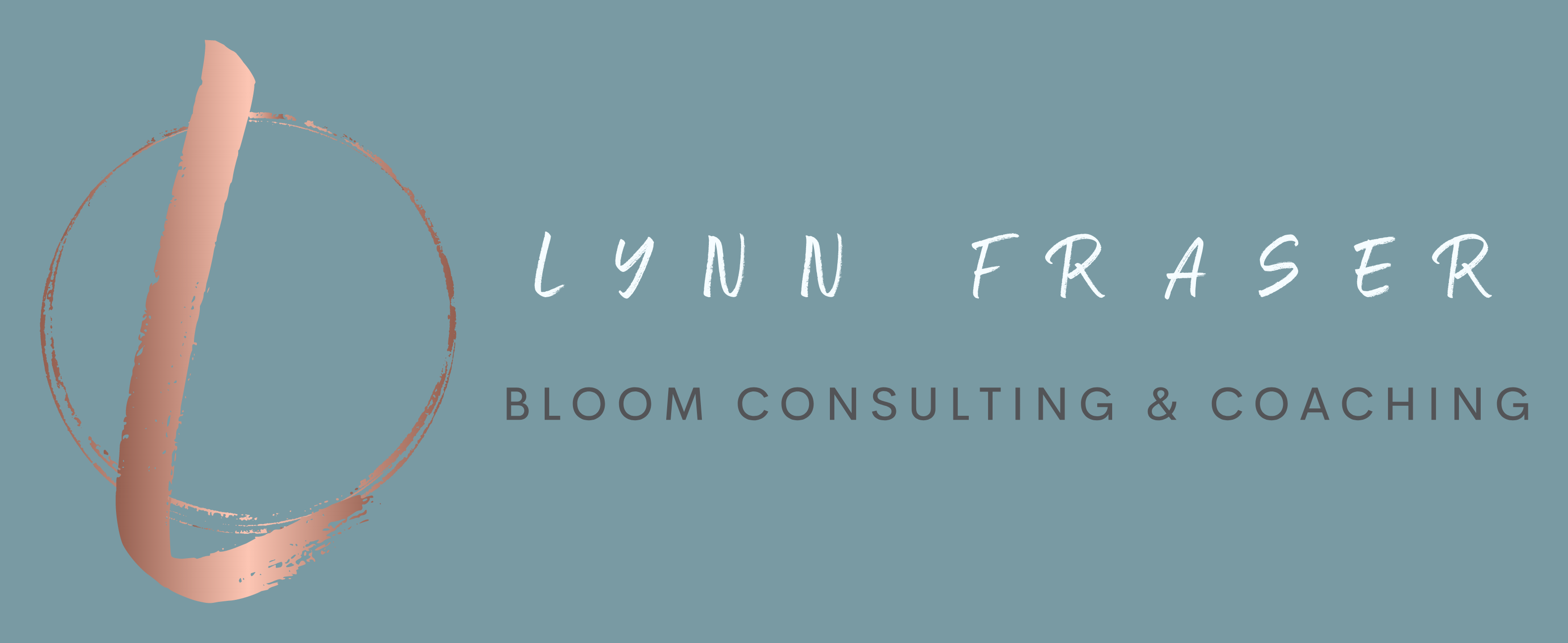What is EQ?
It was Daniel Goleman, the author and science journalist who coined the term, Emotional Quotient or E.Q. and likened it to our Intelligence Quotient or I.Q. It is known that our Intelligence Quotient or IQ, is impossible to change after the age of 13 but our Emotional Quotient or EQ can be developed, no matter our age. For this reason, much interest and research has been conducted since its inception. The most startling discovery is that it has been linked to success more favorably than intelligence.
Emotional intelligence is the ability to recognize, understand and manage our own emotions and recognize, understand, and influence the emotions of others.
The starting point for great EQ is self-awareness. Being aware of our emotions and how they affect us and those around us.
Emotional Intelligence is a great foundation for resilience. As a tree needs stable and strong roots to become powerful, produce fruit and withstand storms, so too, our emotional intelligence creates a great foundation for good mental health and mental resilience.
Emotional intelligence is made up of many different facets which help us to understand the influence our emotions have on human factors such as decision making, interpersonal relationships and stress control, however, I believe that 8 EQ traits, help us specifically build and maintain resilience. Here is an explanation of what they are and how you can develop them, to become more emotionally resilient.
- Self-Awareness. As I have already mentioned, self-awareness is essential to having a good level of emotional intelligence. Emotional self-awareness includes recognizing and understanding ones’ own emotions. This includes the ability to differentiate between subtleties in ones’ own emotions while understanding the cause and the effect they may have on others. For example, a self-aware person will know when they are feeling negative and try to use positive self-talk to bring them back to a more positive frame of mind. If your self-awareness is not where you might like it to be, use a diary to reflect on your behaviors daily or weekly, making a note of emotions that may be dominating your thoughts at the time. Eventually, this can become habit forming.
- Self-Regard. Alongside self-awareness is belief in self or self-regard. Having a healthy self-regard or self-esteem means that we believe in ourselves and our ability to achieve our goals and live a fulfilling life. Those who have a healthy self-esteem are more likely to be accepting of themselves and others. If your self-regard is not where you might like it to be, start by listing ten things you like about yourself. Also, get into the habit of rewarding yourself when you express emotions in a healthy way or achieve your goals, however small they may be.
- Optimism. One of the most important elements of being resilient, is our ability to maintain a healthy optimism, even when we face difficulties. People who can see the positive in most situations, have an uncanny ability to remain upbeat, even in the face of adversity. They tend not to allow the status quo to hold them back and don’t seem to take life too seriously. This is intricately linked to having a good sense of humor or seeing the funny side of life. If you are having difficulty maintaining a positive outlook, talk to a friend about your challenges and surround yourself with upbeat people, it’s difficult to be down when everyone around you is laughing and having fun.
- Emotional Expression is our ability to recognize and express our emotions in a healthy way. Those who are resilient, have learnt the art of recognizing their own emotions, and expressing them in a healthy and assertive way. Because their emotions are not being “bottled up”, they are more likely to experience less stress. If you are not happy with the way you express your emotions, talk to a trusted, friend, counsellor, or religious leader, to see if you can form the habit of expressing your emotions positively.
- Independence Is the ability to be self-directed and free from emotional dependency on others. Decision-making, planning and daily tasks can be completed autonomously, making this an essential resilience trait. The ability to be independent in thought and action, means that those who have this trait, do not hesitate, rather they do what needs to be done to move forward. If you are caught in a co-dependent relationship or situation, seek professional help. If you feel that you rely too much on the help of others, honestly pause and reflect on the effect this may be having on your overall happiness.
- Problem Solving is the ability to find solutions to problems in situations where emotions may be involved. Problem solving includes the ability to understand how emotions impact decisions, and how to use them effectively. Good problem solvers do not focus on the emotion, rather, they focus on finding a solution with the resources they have available to them. If you are wanting to improve your problem-solving skills, read the book: “Think Smarter: Critical Thinking to Improve Problem-Solving and Decision-Making Skills” by Michael Kallet.
- Flexibility is the adapting of emotions, thoughts, and behaviors to unfamiliar, unpredictable, and dynamic circumstances. Change is inevitable, and those who can adapt their behaviors, be flexible in their approach and adjust to elements which are continuously changing, are more resilient to adversity. To improve your flexibility, be intentional about considering all your options when faced with a challenge, there is hardly ever only one solution to most problems, so flex your imagination.
- Stress Tolerance involves coping with stressful or difficult circumstances and believing that one can manage or influence situations in a positive manner. Those who consistently demonstrate high stress tolerance, are in essence practicing great resilience because they have discovered how to manage the daily stressors that life imposes on us. If you are struggling with stress, read my article about SELF CARE and speak to a friend, trusted religious leader, counsellor or family member. Learning to manage stress effectively is also about learning to communicate how you may be feeling. If you do nothing, there is a chance that your stress may eventually cause burn out which is much more difficult to treat, so act now, don’t delay!
Developing our emotional intelligence is one of the best things we can do for ourselves. It improves our interpersonal relationships, awareness of self and our own emotion management which in turn, can improve overall emotional wellbeing.
If you are interested in having your EQ assessed, I am a qualified psychometric test administrator and I would be happy to discuss your needs: contact me HERE
.


